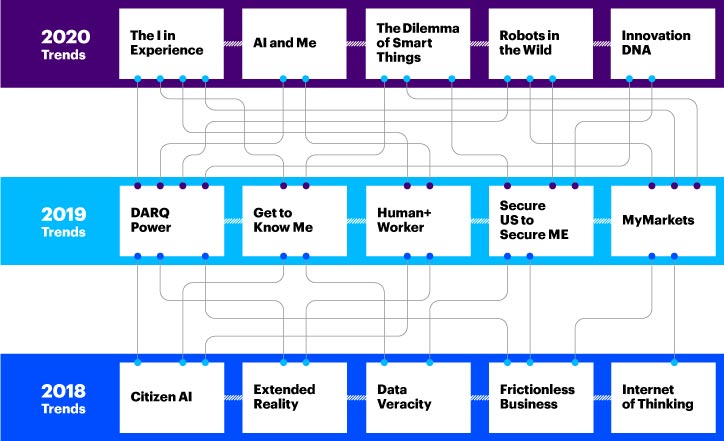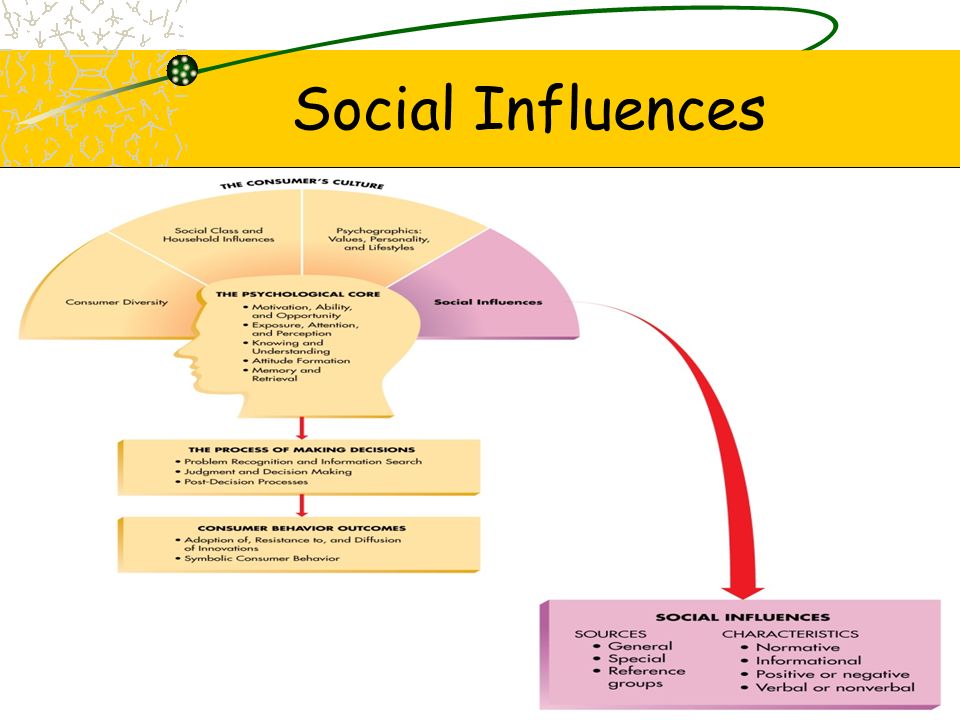Health-tech is rapidly changing the way we approach healthcare, offering innovative solutions to improve our well-being. But what motivates consumers to adopt these technologies? In this blog post, we will explore the fascinating intersection of Psychology of Consumer adoption in health-tech. From understanding consumer behavior to analyzing the psychological factors that influence adoption, we will delve into the complexities of this growing industry. We will also examine the perceived usefulness and ease of use of health-tech, the impact of social influence on consumer adoption, and the emotional factors that shape our decisions in this space. By understanding these psychological dynamics, we can gain valuable insights into how to effectively market and design health-tech products that resonate with consumers. Whether you’re a healthcare professional, a tech entrepreneur, or simply curious about the psychology behind our health choices, this post will offer a thought-provoking exploration of consumer adoption in health-tech.
Understanding consumer behavior in health-tech
Consumer behavior in health-tech is influenced by various psychological, social, and emotional factors. The decision-making process of individuals when it comes to adopting health-tech products and services is a complex matter that requires a deep understanding of consumer behavior.
One of the psychological factors that greatly influences consumer adoption of health-tech is the perceived usefulness and ease of use of the products. Consumers are more likely to embrace health-tech solutions if they believe that the technology will have a positive impact on their health and is easy to incorporate into their daily lives.
The social influence on consumer adoption is also significant. People tend to look to others for guidance when making decisions, including the adoption of health-tech. If they see their peers and family members using a particular health-tech product, they are more likely to follow suit.
Furthermore, emotional factors play a crucial role in shaping consumer adoption of health-tech. The emotional appeal of a product or service can greatly impact a consumer’s decision to use it. For example, if a health-tech app provides personalized support and encouragement, it can create a strong emotional connection with the user and motivate them to continue using the app.
Psychological factors influencing consumer adoption
When it comes to the adoption of health-tech products, psychological factors play a crucial role in influencing consumer behavior. One of the key factors is the individual’s perception of the benefits and risks associated with the technology. Consumers’ attitudes and beliefs towards the health-tech products are shaped by their psychological makeup, such as their personality traits, motivations, and past experiences.
Another important psychological factor is the level of trust and confidence that consumers have in the health-tech products. This trust is influenced by factors such as the credibility of the technology, the perceived reliability, and the track record of success. Consumers are more likely to adopt health-tech products if they feel confident in their ability to deliver the promised benefits and if they trust the sources of information about the products.
Additionally, consumer decision-making processes are influenced by psychological factors such as perceptions of control and autonomy. Consumers are more likely to adopt health-tech products when they perceive themselves as having control over the use and outcomes of the technology. The sense of autonomy and agency in decision-making can drive consumer adoption, as individuals are more inclined to use technologies that align with their self-perception and personal values.
Lastly, the role of emotions cannot be understated in the context of health-tech adoption. Consumer decision-making is influenced by emotions such as fear, hope, and anxiety, which can impact the perceived benefits and risks of health-tech products. Understanding and addressing these psychological factors is crucial for companies and developers in designing products that resonate with consumers’ needs and preferences.
Perceived usefulness and ease of use
When it comes to consumer adoption of health-tech products, one of the key factors that comes into play is the perceived usefulness and ease of use of the technology. Consumers are more likely to adopt a health-tech product if they see it as useful in improving their health and if they find it easy to use on a regular basis.
Perceived usefulness refers to the consumer’s belief that the health-tech product will help them achieve their health-related goals. This could be anything from tracking their fitness progress to monitoring their vital signs for early detection of health issues. If the consumer sees the technology as beneficial to their well-being, they are more likely to consider adopting it into their daily routine.
On the other hand, ease of use is also a crucial factor in consumer adoption. Even if a health-tech product is perceived as useful, if it is difficult to use or navigate, consumers may be less inclined to incorporate it into their lives. People want technology that is user-friendly, intuitive, and not overly complicated to operate.
Therefore, for health-tech companies looking to drive consumer adoption of their products, it is essential to focus on not only making the technology perceived as useful, but also ensuring that it is easy to use and seamlessly integrates into the consumer’s daily life.
Social influence on consumer adoption
In the realm of health-tech adoption, one of the key factors contributing to consumer behavior is social influence. When individuals are considering adopting new health technologies, their decision-making process can be heavily influenced by the experiences and opinions of their social circles. It is natural for consumers to seek guidance and validation from their peers when making decisions about utilizing new technologies for health management. This social influence plays a major role in shaping consumer adoption patterns.
When a person sees their friends or family members successfully using a particular health-tech product or service and experiencing positive outcomes, they are more likely to be influenced to adopt the same technology. On the contrary, if the people in their social network express skepticism or negative opinions about a specific health-tech solution, the individual may be hesitant to adopt it. Social influence thus becomes a powerful force that drives or impedes consumer adoption of health technologies.
Additionally, social influence can be leveraged by health-tech companies through social proof strategies. By showcasing testimonials, user reviews, and success stories on their platforms, companies can positively influence potential consumers by demonstrating the widespread adoption and benefits of their products. This creates a ripple effect, as individuals are not only influenced by direct social interactions but also by the collective experiences of a larger community. As such, the impact of social influence on consumer adoption in the realm of health-tech cannot be underestimated.
In conclusion, the effects of social influence on consumer adoption in the context of health-tech are profound. By understanding and harnessing the power of social dynamics, health-tech companies can strategically navigate consumer behavior and drive adoption rates. Moreover, consumers themselves are constantly navigating these social currents as they seek to make informed decisions about incorporating new technologies into their health management practices.
Emotional factors shaping health-tech adoption
When it comes to adopting new health-tech products, emotional factors play a crucial role in influencing consumer behavior. The emotional impact of these technologies can often be the deciding factor in whether individuals choose to incorporate them into their lives.
One of the primary emotional factors that shape health-tech adoption is the fear of the unknown. Many consumers may be hesitant to embrace new technologies due to concerns about potential risks and unforeseen consequences. This fear can be particularly strong when it comes to technologies that directly impact their health and well-being.
Furthermore, the emotional appeal of health-tech can also influence adoption. Products that are marketed in a way that resonates with consumers’ emotions, such as promoting a sense of security, peace of mind, or empowerment, are more likely to be embraced by individuals.
Lastly, the emotional connection that individuals feel towards their own health can greatly impact their willingness to adopt health-tech solutions. Personal experiences, past traumas, and individual beliefs all play a role in shaping how individuals respond emotionally to these technologies.
Frequently Asked Questions
What is the psychology behind consumer adoption in health-tech?
Consumer adoption in health-tech is influenced by psychological factors such as perceived usefulness, ease of use, social influence, and emotional factors.
How does understanding consumer behavior in health-tech contribute to its adoption?
Understanding consumer behavior in health-tech helps businesses tailor products and services to meet consumer needs, leading to higher adoption rates.
What are some psychological factors influencing consumer adoption in health-tech?
Psychological factors such as perceived usefulness and ease of use play a significant role in influencing consumer adoption of health-tech.
How does social influence affect consumer adoption in health-tech?
Social influence can impact consumer adoption of health-tech through word-of-mouth recommendations, peer influence, and societal norms.
What emotional factors shape the adoption of health-tech?
Emotional factors such as trust, security, and fear can shape the adoption of health-tech among consumers.
Why is perceived usefulness an important psychological factor in health-tech adoption?
Perceived usefulness is important as it assesses the extent to which a consumer believes that adopting health-tech will improve their health and well-being.
How can businesses leverage psychological insights to increase consumer adoption of health-tech?
Businesses can leverage psychological insights to design user-friendly, reliable, and socially endorsed health-tech products to increase consumer adoption.






